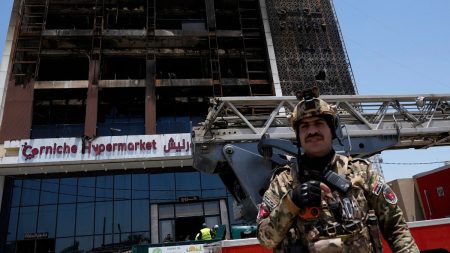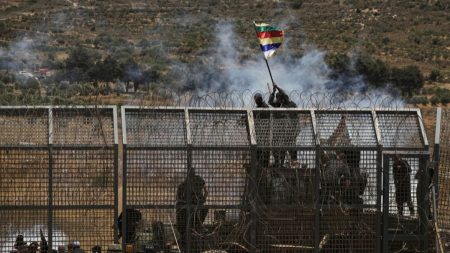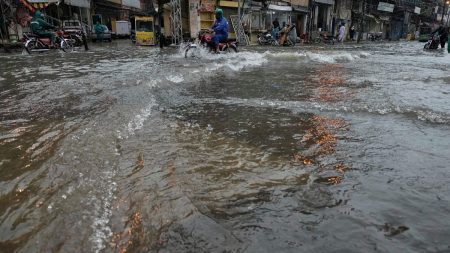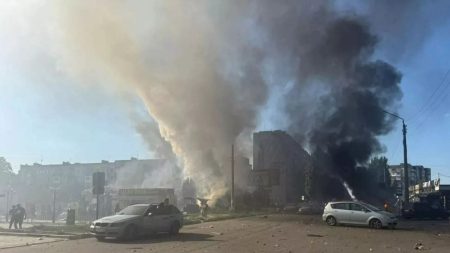The streets of Valencia, Spain, witnessed a fourth wave of public dissent on Saturday, as thousands of citizens marched to demand the resignation of Regional President Carlos Mazón and his administration. The protests, organized by a coalition of over 200 civic, social, and trade union organizations, stem from the government’s handling of the devastating floods that ravaged the region in October, claiming the lives of 224 people and displacing thousands more. While smaller in scale than the three preceding demonstrations, the Saturday march still drew an estimated 25,000 participants, underscoring the persistent public anger and frustration surrounding the government’s response to the disaster.
At the heart of the protests lies the accusation that the Mazón government failed to adequately warn citizens of the impending floods. Specifically, the administration is criticized for delaying flood alerts to cell phones until hours after the deluge had begun, a delay that protesters argue could have saved lives and mitigated the extent of the damage. This perceived negligence is compounded by what many see as a slow and disorganized response to the crisis in the immediate aftermath. Thousands of volunteers, rather than government agencies, were the first responders in many of the hardest-hit areas on Valencia’s southern outskirts, highlighting the lack of preparedness and the slow mobilization of official resources.
Adding fuel to the fire is the perceived slow pace of aid delivery to affected residents. Those who lost their homes and livelihoods now face a long and arduous rebuilding process, and many feel abandoned by the government, which they accuse of being sluggish in providing the necessary support. This perceived lack of urgency has further eroded public trust in Mazón’s leadership, exacerbating the calls for his resignation.
Mazón, however, has defended his administration’s actions, attributing the scale of the disaster to its unforeseeable nature. He claims that the magnitude of the flooding was unprecedented and that his administration did not receive sufficient warning from central authorities to prepare adequately. This defense, however, has done little to appease the protesters, who point to the delayed flood alerts and the slow mobilization of resources as evidence of government failings.
The protests in Valencia highlight a larger tension between the public and their elected officials in times of crisis. While natural disasters are often unpredictable and challenging to manage, the public expects their government to be prepared, responsive, and accountable. In Valencia, the perceived lack of these qualities has led to widespread anger and a demand for accountability. The repeated demonstrations underscore the importance of effective disaster preparedness and response, as well as the need for transparent and accountable governance in the aftermath of such events.
The ongoing protests in Valencia serve as a stark reminder of the human cost of natural disasters and the critical role of government in mitigating their impact. The demands for Mazón’s resignation reflect a deep-seated frustration with the perceived failures of his administration, not only in the immediate response to the floods but also in the subsequent recovery efforts. As residents grapple with the long road to rebuilding their lives and their communities, the protests are a poignant expression of their desire for accountability and a more effective government response to future crises.














